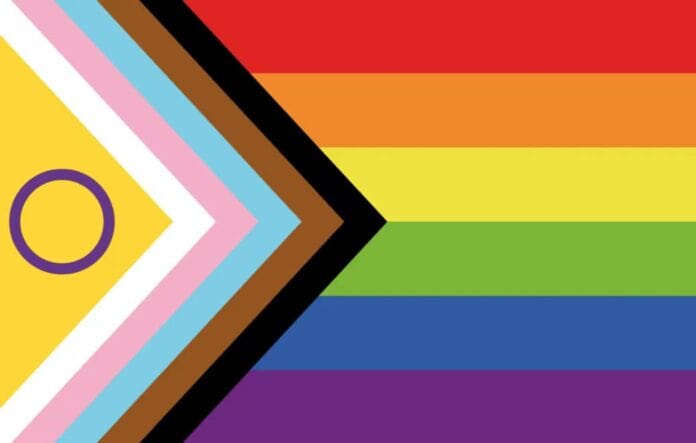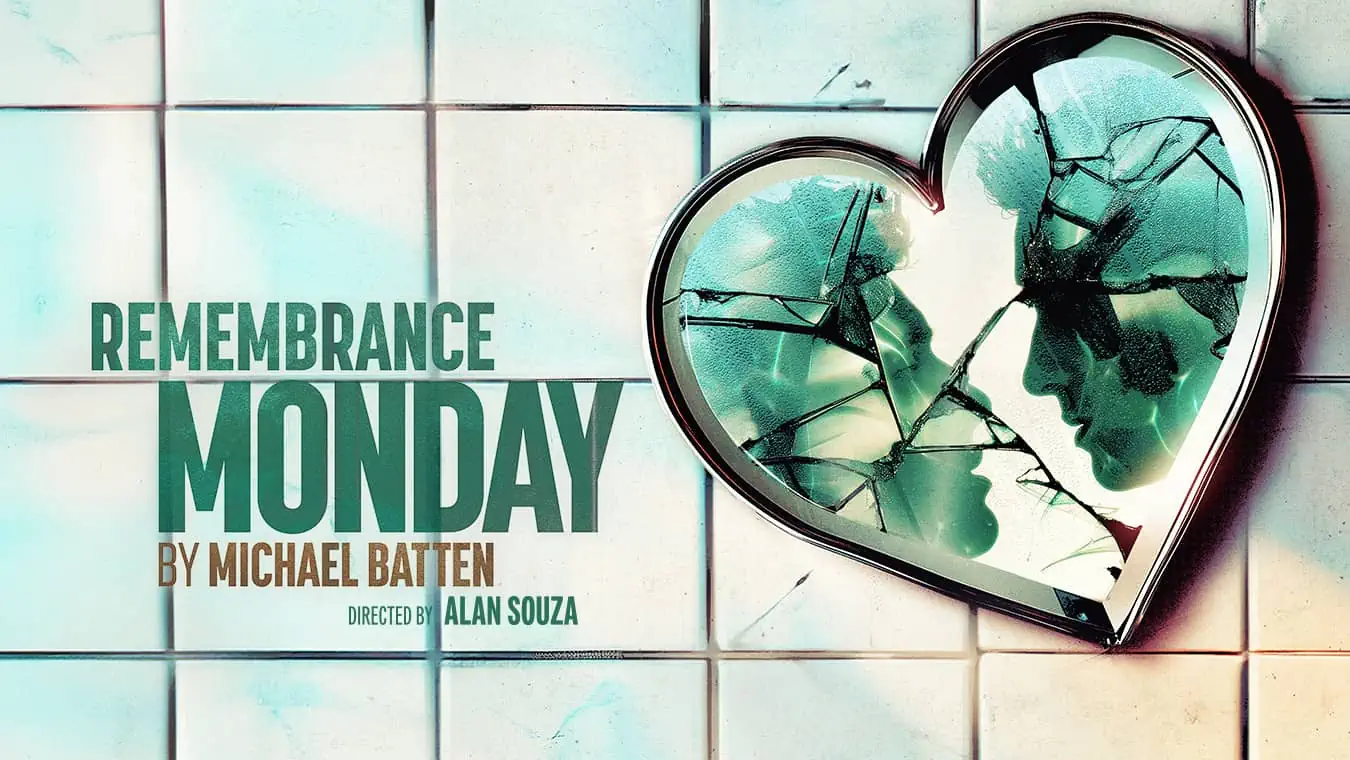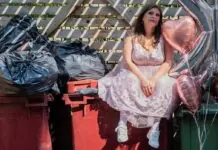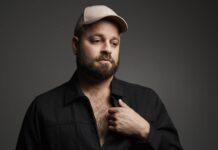The most talked about film at this year’s London Gay and Lesbian Film Festival was undoubtedly How to Survive a Plague, a film about the AIDS epidemic of the 1980s and the Act Up group dedicated to saving the lives of gay men. We spoke with director David France to find out more about the film and why he decided to revisit this subject now…
What made you decide that now was the right time to release the film?
Well, you know I started work on it almost four years ago and it takes a while for your own curiosity, having gone through a period like that, to drive you back to that period and for me that took about fifteen years. And when I started going back to tell some of those stories – I’m a print journalist – I was really surprised how little people know.
You thought the message was fading away?
Yes. It had somehow escaped the history books. And you know my generation had kind of stopped talking about it. I grew up knowing that the Holocaust generation didn’t talk about what happened to them. And I realised that we had stopped talking about what happened to us. And really you can hold us responsible for this lack of historicisation of this time. And so I thought if people don’t know it and they’re hungry for it then I should go back and begin to tell those stories. The film is part of a series of projects that I have about that period.
And in terms of your interviewees and subjects did you know them personally? Was it hard to convince them to take part?
I knew them professionally. You know I was a journalist, not a member of Act Up. Although I’m in that footage, you can see me way in the background, in crowds on the sidewalk during the demonstration, interviewing people and just gathering my notes together. I was friendly only with one person from the group and that was Bob Rafsky who died in ’92, ’93. But I’d interviewed most of those people in the past, so they knew me, they knew my work, and you know I’m still writing about AIDS, so I’m one of the few people who’s kind of covered the epidemic from the very beginning. But that didn’t make it easy for them to say yes to come talk to me. There was a lot of resistance and you know I think it was resistance to go back and revisit those years. I mean the hardest person for me to get to come and talk was Garance Franke-Riuta; she had a traumatic response to the epidemic and she responded to that traumatic memory by kind of closing it off and never discussing it. And in some ways she tried to eliminate it from her own personal history, which of course you can’t do, but it made her not want to come and sit and when she showed up she was angry.
How did you persuade her?
Well she had said yes, and she lives in Washington and I live in New York so I brought my whole crew to Washington, which is expensive, for an independent thing like this. We set up a studio and then it was time for her to come and she didn’t. She said she wasn’t going to come and she said she had nothing to say and I said ‘you know, we actually took hotel rooms for eleven people’. I said ‘you have to come, you just have to’. So she came from a sense of obligation, but she was angry at having to think about this, and angry at having to talk about this. She kept saying ‘I don’t remember anything, I don’t remember anything’ – but you could see it in the film how much she knew.
To read the full interview transcript with David France go to: http://qxmagazine.com/blog-event/how-to-survive-a-plague/











